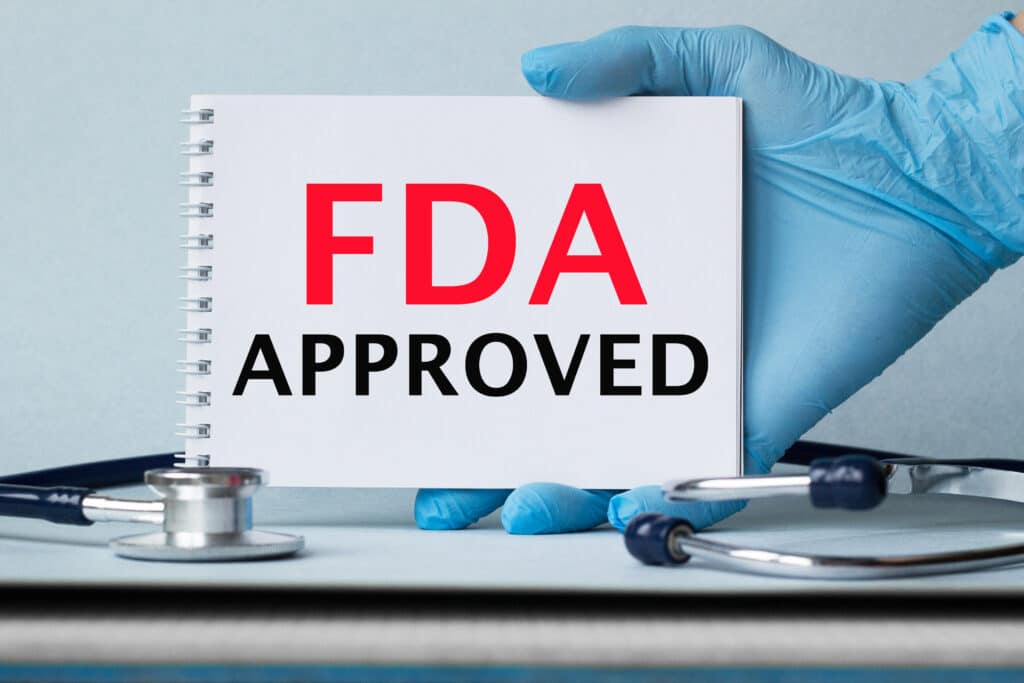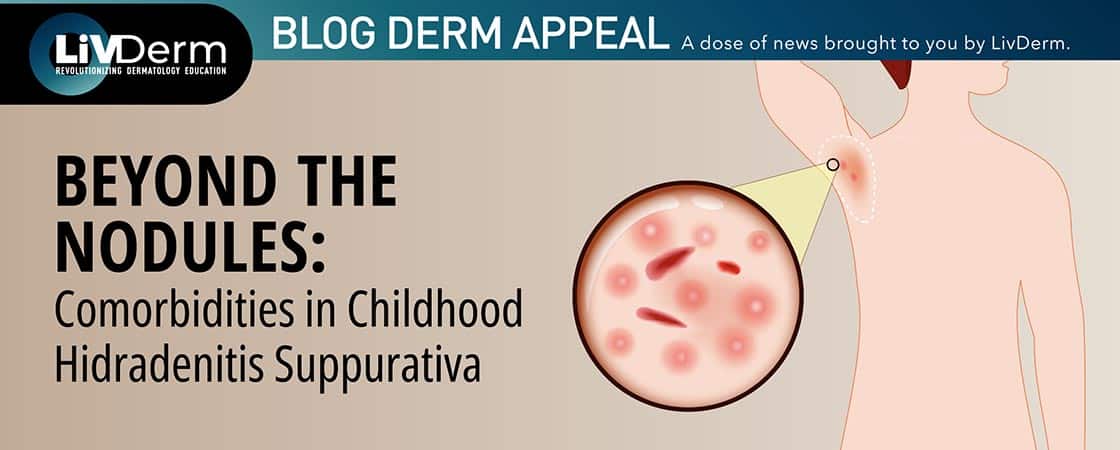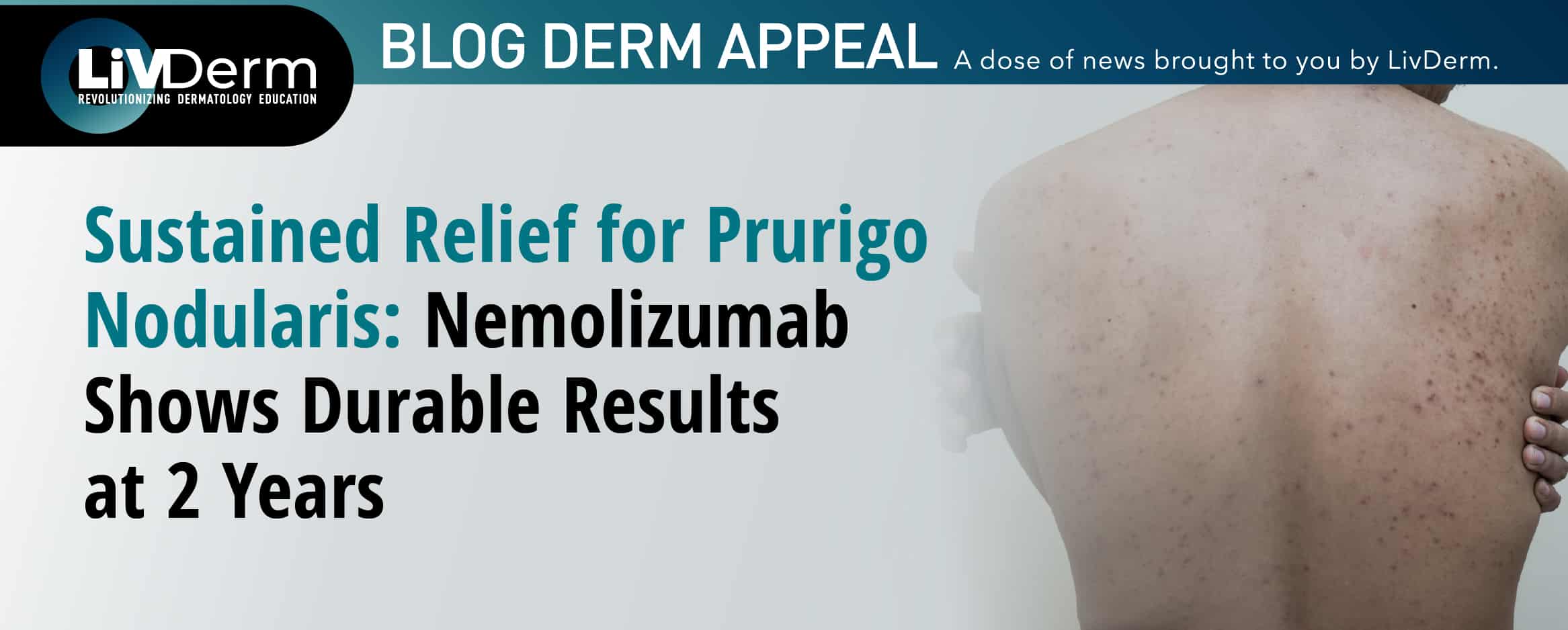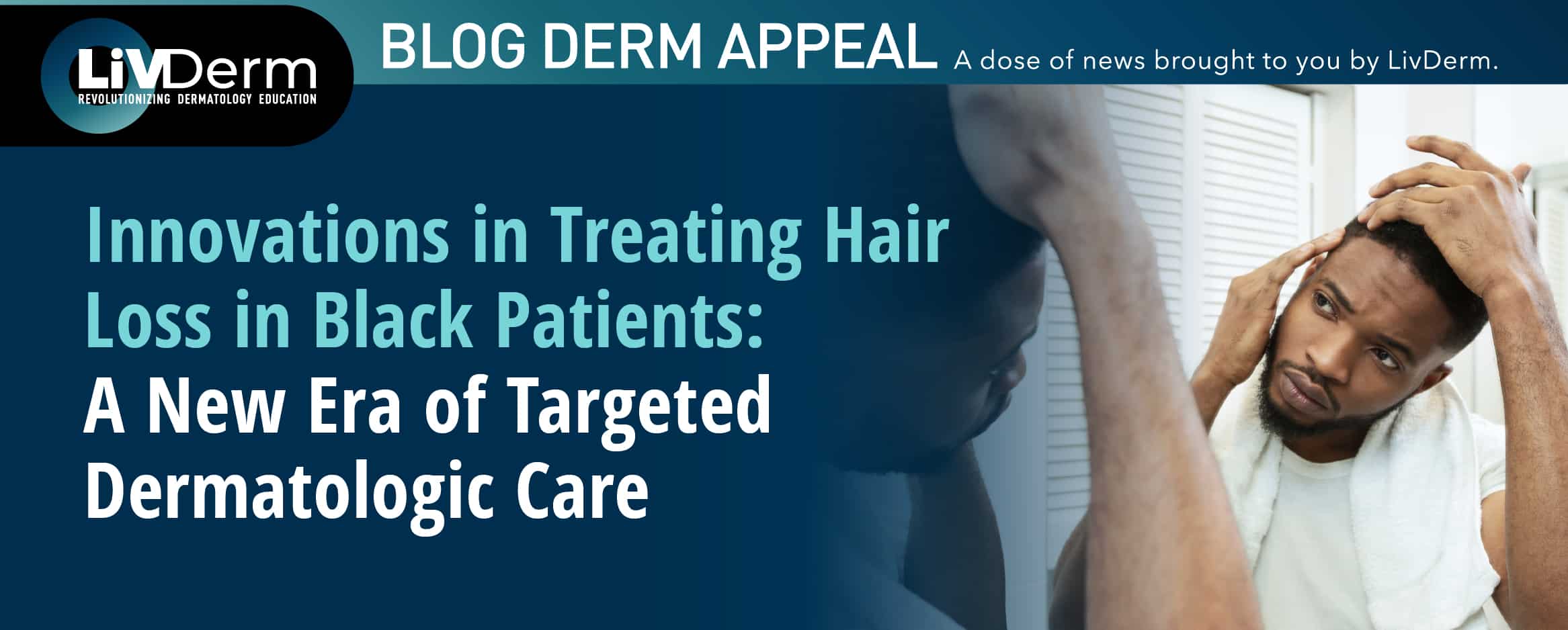
The U.S. Food and Drug Administration (FDA) has approved the first-ever topical gene therapy, Vyjuvek (beremagene geperpavec-svdt), for the treatment of dystrophic epidermolysis bullosa (DEB).
Vyjuvek, a herpes-simplex virus type 1 (HSV-1) vector-based gene therapy, is a non-invasive, topical, and redosable therapy approved for patients aged six months and older with recessive or dominant DEB.
As DEB is caused by mutations in the collagen type VII alpha 1 chain (COL7A1) gene, Vyjuvek works by aiding in the replication of this gene. It delivers normal copies of the COL7A1 gene to the wounds, thus facilitating wound healing.
The treatment is mixed into an excipient (non-active ingredient) gel prior to its topical application, which is administered by a healthcare professional to a patient’s wounds once a week.
The FDA’s approval of Vyjuvek is based on data from two clinical studies. The GEM-1/2 trial revealed that Vyjuvek application was associated with durable wound closure, full-length cutaneous COL7 expression, and anchoring fibril assembly. The GEM-3 clinical study was a double-blind, randomized, placebo-controlled trial that included 31 patients aged six months or older with genetically confirmed DEB. During the study, researchers identified two wounds of comparable size on each patient. One of these wounds received topical administration of Vyjuvek and the other a placebo every week for 26 weeks. The primary endpoint was complete wound healing at six months, with its key secondary endpoint being complete wound healing at three months.
Results demonstrated that at six months, complete wound healing was seen in 67% of those treated with Vyjuvek compared to 22% of those exposed to placebo. Furthermore, complete wound healing at three months was seen in 71% of Vyjuvek-treated patients compared to 20% of those treated with placebo.
The study revealed that Vyjuvek was well tolerated with no drug-related serious adverse events or discontinuations due to treatment-related events. The most common adverse reactions included itching, chills, redness, rash, cough, and runny nose.
Vyjuvek has received Orphan Drug, Fast Track, Regenerative Medicine Advanced Therapy, and Priority Review designations. It also forms part of the FDA’s Rare Pediatric Disease Priority Review Voucher program which encourages the development of new drugs and biologics to help prevent and treat rare pediatric diseases.
According to M. Peter Marinkovich, MD, primary investigator in the GEM-3 trial, director of the Blistering Disease Clinic at Stanford Health Care, and associate professor of dermatology at the Stanford University School of Medicine,
“Until now, doctors and nurses had no way to stop blisters and wounds from developing on dystrophic EB patient skin and all we could do was to give them bandages and helplessly watch as new blisters formed. Vyjuvek topical gene therapy changes all of this. Vyjuvek both heals patient wounds and prevents skin from re-blistering because it actually corrects the underlying skin defect of dystrophic EB. Because it’s safe and easy to apply directly to wounds, it doesn't require a lot of supporting technology or specialized expertise, making Vyjuvek highly accessible even to patients who live far away from specialized centers."
Dr. Marinkovich
It is expected that Vyjuvek will be available in the U.S. in the third quarter of 2023.
















